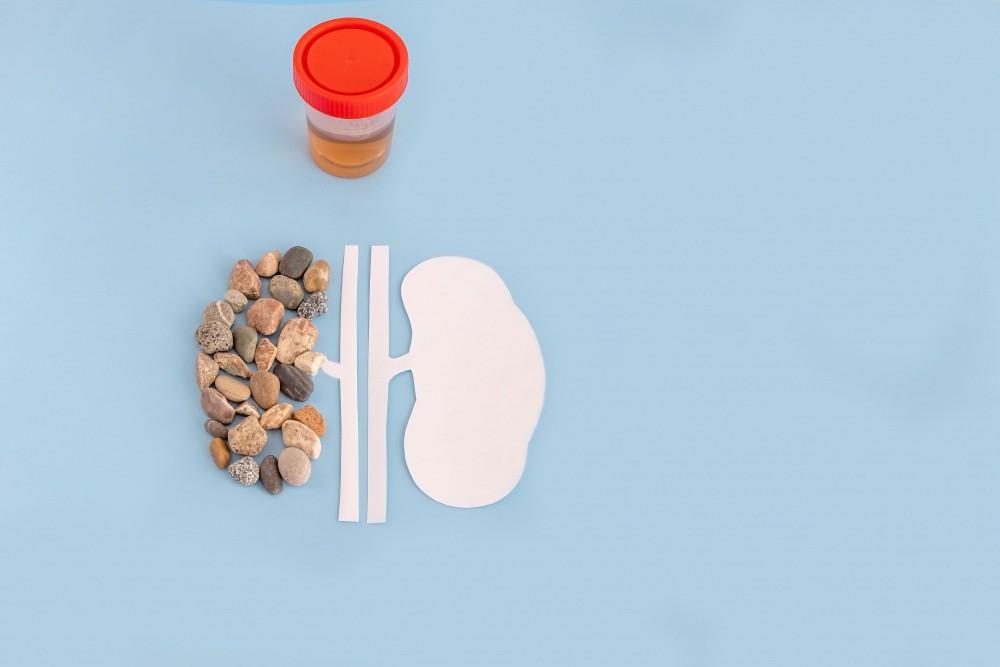
Understanding Male Infertility: Can I Still Have My Own Biological Child?

Fertility problems are common in the United States, affecting about 20% of couples who are trying to conceive. While many people think of infertility as involving the female partner, about half of all infertility concerns involve the male partner.
While infertility is certainly concerning, in most cases, it doesn’t mean you can’t have your own biological children. Many men (and women) successfully conceive through advanced fertility treatments based on the cause of infertility.
Alfred Shtainer, MD, FACS, has extensive experience treating male infertility in patients at Adult and Pediatric Urology in Manhattan, Brooklyn, and Queens, New York. Here, learn why male infertility happens and how advanced therapies can help you and your partner conceive.
Male infertility: The basics
Infertility is generally defined as being unable to conceive despite a year of trying. For males, infertility typically involves one or more of these factors:
- Low sperm count
- Poor sperm motility (movement)
- Problems with sperm structure
- Problems with erection or ejaculation
Sometimes, these factors are related to underlying infections, genetic issues, immune system problems, hormone issues, or environmental or lifestyle factors.
It’s important to note, though, that conception is a complex process, and it can be influenced by many other factors, too, like:
- Relationship problems
- Chronic stress
- Obesity
- Certain medications
- Excess alcohol consumption
- Smoking
- Liver or kidney disease
- Genetic diseases
- Exposure to environmental toxins
- Radiation exposure
- History of varicocele
- History of undescended testicle(s)
Some personal lubricants can decrease sperm count, as well.
Fertility treatments
Before prescribing any infertility treatment, Dr. Shtainer performs a comprehensive examination that includes identifying your sperm count and performing a microscopic evaluation of your sperm, along with blood tests to check hormone levels and determine other potential causes of infertility. These evaluations help him determine which fertility treatment to recommend.
Some male infertility issues can be treated with hormones to balance testosterone levels or with lifestyle changes, like stress reduction, weight loss, or adopting other healthy habits. For structural issues that prevent ejaculation, surgery might be the best option.
But often, couples trying to conceive benefit from fertility therapies, such as in vitro fertilization or intracytoplasmic sperm injection (ICSI), where sperm is directly injected into the egg. These methods allow you to use your own, healthy sperm combined with an egg from your partner or a donor.
Find out more about male infertility treatment
Infertility is surprisingly common and surprisingly treatable. If you and your partner are having trouble conceiving, book an appointment online or over the phone with Dr. Shtainer and the team at Adult and Pediatric Urology today.
You Might Also Enjoy...


Treating Chronic Prostatitis with Antibiotic Injections and Therapeutic Prostate Massage

3 Problems Associated with Ejaculatory Pain

I Think I Have an STD: What Should I Do?

Finding the Right Urologist: Tips for Choosing the Best Care for Your Family

